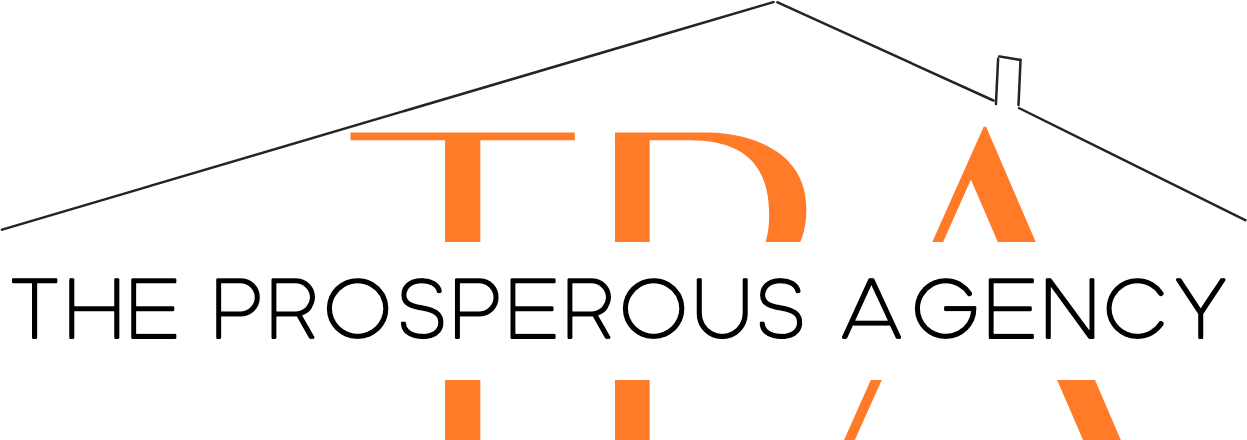Veterans Day this year is November 11 (observed on the 12th) but to us, November is Veterans Month. And what better time to remind those who have served our country and their surviving spouses that the best mortgage on the market just may be the one that was created for them?
When comparing mortgages, especially when you’re short on cash, it just doesn’t get better than a loan that requires no down payment, the possibility of not having to pay closing costs and no private mortgage insurance requirement.
VA loan requirements are different from other loans, which many veterans find confusing. Because they don’t understand these requirements, even some real estate agents will try to steer military clients to other products.
Let’s take a look at three of the most frequently asked questions we receive about the VA loan.
What credit score does the VA require?
Since the VA doesn’t grant loans (it guarantees the repayment of a portion of the loan) it has no minimum credit score requirement. They leave that up to the lenders.
The good news is that because of the government guarantee, lenders tend to be more lenient with their credit score requirements.
Aim for a credit score of no lower than 620 and, remember, you would need a 740 or higher for most conventional loans.
Lenders also look at your ability to repay the loan. This includes an confirmation of:
- Stable income
- A debt to income ratio of no more than 41 percent. Even if yours exceeds this percentage, you may still qualify if you can prove “compensating factors.”
How much will I need for closing costs for a VA loan?
The amount the borrower will pay for a VA-backed loan’s closing costs varies by lender, the type of home, where you are buying and other factors, but plan on paying between 1 percent and 5 percent of the loan amount.
By the way, the VA limits the borrower’s closing costs to a specific list of items.
Although the VA doesn’t allow borrowers to finance the closing costs of their mortgage, they are quite flexible on who can pay them on behalf of the veteran.
This means that the seller or anyone else can pay all or part of your closing costs, quite possibly allowing you to buy a home with no money out of your pocket.
Speak with your lender about the various ways of dealing with VA loan closing costs.
Do I have to live in the home that I purchase?
Yes, you do. In fact, the law requires the borrower to certify that the home will be owner-occupied as the primary residence. You’ll have 60 days from closing to take occupancy, although extenuating circumstances may allow occupancy to be extended to 12 months.
By the way, for service members on active duty, occupancy by a spouse or dependent child fulfills the occupancy requirement.
There are, of course, exceptions to this rule. A PCS may allow you to rent out the home. Or, the borrower can apply for an Interest Rate Reduction Refinancing Loan, which only requires that you certify that you previously occupied the home.
Contact the Regional Loan Center with any questions about the occupancy requirement. You’ll find yours on the U.S. Department of Veterans Affairs website.
The first step in the VA loan process is to obtain your Certificate of Eligibility and you can do that online or through your lender.
By serving our country, you earned this housing benefit. Take advantage of it.
Powered by WPeMatico








